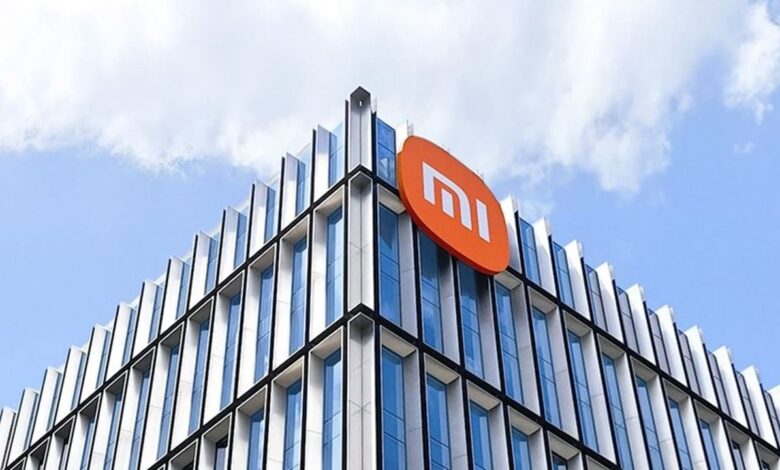
Xiaomi isn’t just dipping its toes in African waters anymore. It’s diving in headfirst, and Kenya is right in the splash zone. According to DigiTimes, the tech giant has just shuffled its leadership deck, and one of the biggest moves for us here at home is the appointment of Huang Jinhua as Xiaomi’s new Kenya Country Manager. Think of him as the captain steering Xiaomi’s Kenyan ship, whether it’s budget-friendly Redmi smartphones, tablets, or those nifty smart home gadgets and other accessories.
Backing him up is Zou Chengzong, now in charge of the entire East African operations. His job? Make sure Xiaomi’s momentum in the region, from Nairobi and Dar es Salaam to Kampala and Kigali, keeps accelerating. Together, these two will be working closely with the rest of Xiaomi’s African dream team to make sure the brand isn’t just competing with the likes of Transsion and Samsung, it’s catching up fast.
And catching up they are. If you’ve been following recent smartphone sales trends, you’ll know that in Q1 2025, Africa’s smartphone market saw remarkable growth, with Xiaomi’s 32% growth being a big part of the story. Now, with a leadership shake-up this targeted, expect more devices landing here faster.
The changes don’t stop in Kenya. Over in West Africa, Liu Shequan has been appointed as Xiaomi’s new African Regional GM and head of West African operations, reporting directly to Lin En, the company’s International Sales GM. Supporting him are Wu Chunhui, who will handle marketing across the continent (hopefully resulting in more creative, Africa-flavoured campaigns), and Liu Yeqi, now leading after-sales.
Since officially setting up its Africa division in 2019, Xiaomi has steadily grown its footprint to 16 countries, including Egypt, South Africa, Nigeria, Morocco, Algeria, and, of course, Kenya.
Lei Jun, Xiaomi’s founder and CEO, isn’t stopping at smartphones. He’s already hinted (most recently at the China-Africa Entrepreneurs Conference) that Xiaomi is eyeing new industries on the continent, including the rapidly growing new energy vehicle (NEV) sector. This follows the same trend we’ve seen with other Chinese players like BYD, which has already made moves in East Africa, while MojaEV Kenya already revealed plans to begin local assembly of electric vehicles from August. And not long ago, BasiGo launched Kenya’s first inter-city electric matatu pilot program.
For African consumers, all this corporate reshuffling means more Xiaomi, in more categories, more often. Whether you’re hunting for a budget beast of a phone, a wearable, or maybe, down the line, a Xiaomi-branded EV in your driveway, the company clearly wants you to think “Mi” before anything else.






